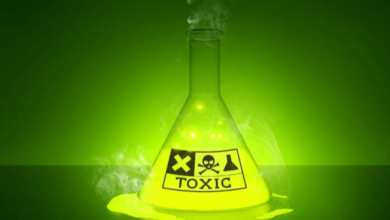The Benefits of Family Therapy in Addiction Treatment

One of the most significant benefits of family therapy in addiction treatment is the strengthened support system it creates. Addiction can be incredibly isolating, but when family members are involved in the recovery process, individuals feel more connected and less alone. This emotional support is vital for maintaining sobriety and preventing relapse. Additionally, family therapy equips loved ones with the tools to manage their own emotions and expectations, allowing them to be better allies in the recovery journey.
In addiction treatment, it is common for the family to inadvertently become part of the problem by enabling unhealthy behavior. Family therapy addresses these patterns head-on, teaching loved ones how to set healthy boundaries. These boundaries create a structured environment that promotes long-term recovery, helping both the individual and their family navigate the challenges of addiction treatment together.
Family Therapy and Relapse Prevention
Relapse is a common challenge in addiction recovery, and one of the primary goals of any addiction treatment program is to minimize this risk. Family therapy can play a pivotal role in relapse prevention. By improving communication and resolving lingering issues, family therapy helps eliminate potential triggers that may lead to a relapse. Addiction treatment is not just about treating the individual; it’s about healing the environment that surrounds them as well.
During family therapy sessions, loved ones learn how to recognize the signs of a potential relapse and intervene early. This proactive approach is instrumental in catching issues before they escalate. Addiction treatment is more effective when there is a collective effort to prevent relapse, making family therapy an invaluable asset in sustaining long-term sobriety.
Improving Communication Through Family Therapy in Addiction Treatment
One of the most powerful aspects of family therapy in addiction treatment is its focus on improving communication. Addiction often leads to misunderstandings, hurt feelings, and broken trust within families. When these issues are left unresolved, they can become significant barriers to recovery. Family therapy helps to open lines of communication, allowing each person to express their feelings in a safe and constructive manner.
Effective communication is key in addiction treatment because it allows the individual to feel supported and understood by their family. It also gives family members the opportunity to voice their concerns and frustrations in a productive way. By fostering this level of openness, family therapy creates a stronger, more united front in the battle against addiction.
Read also Easy Steps to Streamline Your Warehouse Operations
The Psychological Impact of Family Therapy in Addiction Treatment
Addiction doesn’t only affect the person with the substance use disorder—it also takes a significant emotional toll on their family members. Family therapy in addiction treatment addresses this psychological impact by providing a space for loved ones to process their emotions, heal from trauma, and develop healthier coping mechanisms.
For many family members, addiction creates a sense of helplessness or frustration. Family therapy acknowledges these feelings and helps individuals work through them in a supportive environment. Addiction treatment programs that incorporate family therapy are more likely to achieve lasting success because they address the emotional well-being of all parties involved, not just the individual undergoing treatment.






